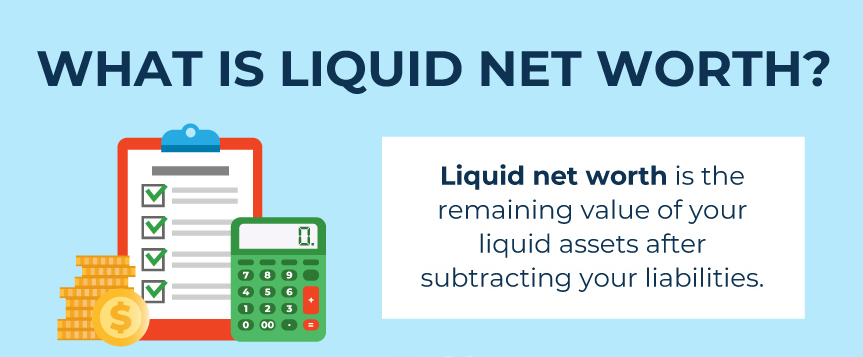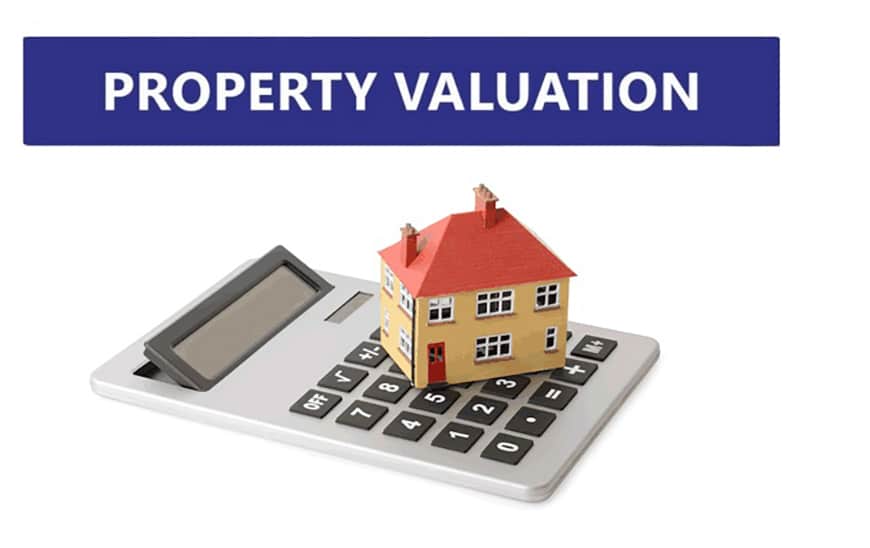Can Assets be Depreciated?
Asset Depreciation: Can Assets Be Depreciated? When businesses or individuals purchase assets like machinery, equipment, or buildings, these assets typically wear down or lose value over time. This natural decline in value is recognized as depreciation. But, can all assets be depreciated? Let’s break it down. What is Depreciation? Depreciation is the accounting process of… Read More »









